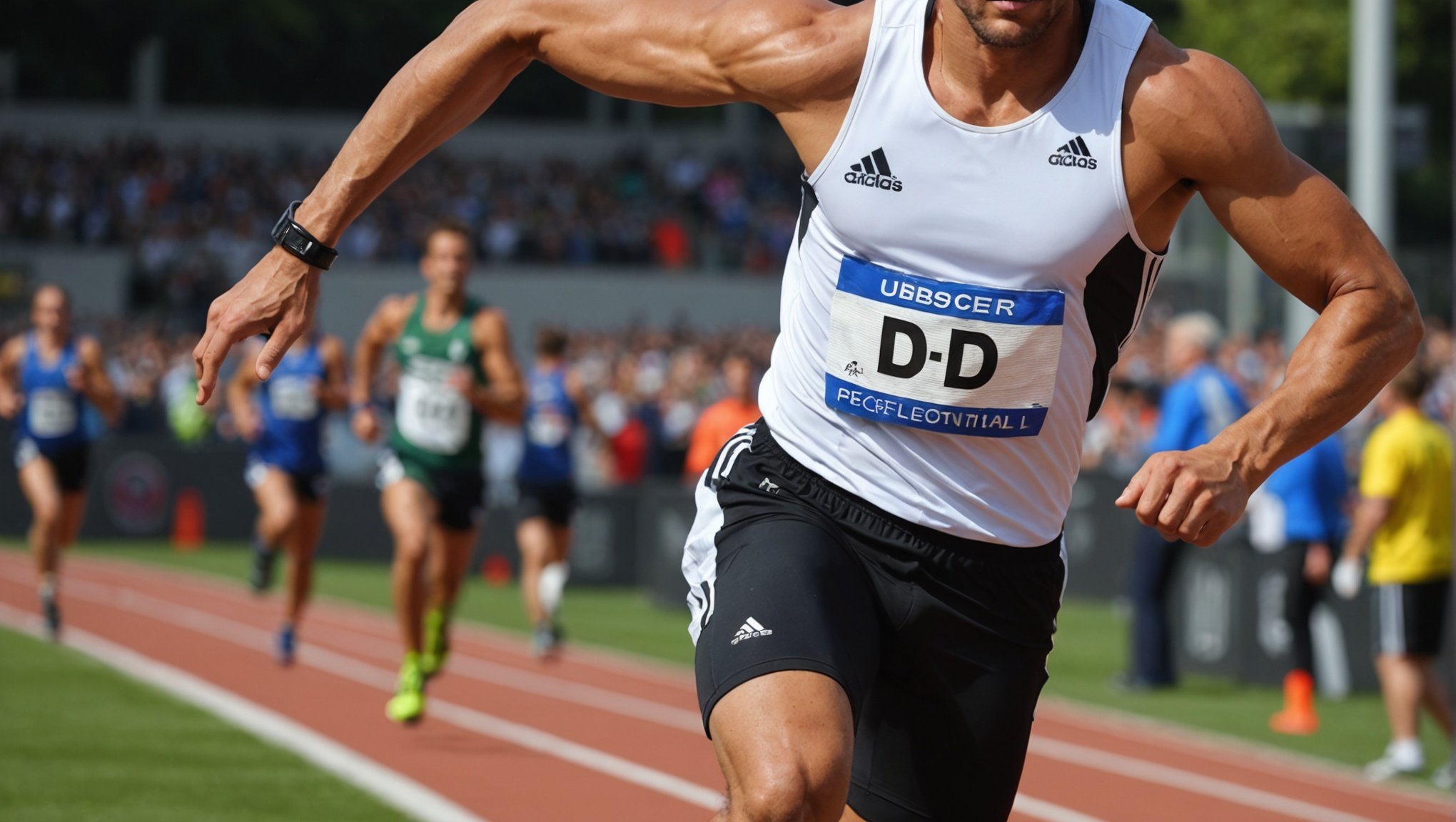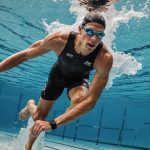The Importance of Vitamin D in Athletic Performance
Vitamin D, often dubbed the sunshine vitamin, plays a crucial role in regulating muscle function and overall athletic performance. This fat-soluble vitamin aids in the absorption of calcium, ensuring strong and healthy bones and muscles. Moreover, Vitamin D contributes to the efficient function of the immune system, which is essential for athletes prone to exhaustive training and frequent competitions.
Vitamin D and Physical Performance
Athletes benefit significantly from balanced Vitamin D levels. Research indicates a direct link between sufficient Vitamin D levels and enhanced physical performance. Athletes with optimal levels often display improved muscle strength, agility, and endurance. This is largely because Vitamin D supports muscle contractions and neuromuscular functioning, crucial for athletic endeavors.
Have you seen this : Unlocking Performance: Leveraging Biofeedback for Enhanced Training and Recovery in Athletes
Scientific Evidence
Numerous studies underscore the advantages of Vitamin D in athletic contexts. Research demonstrates that athletes with adequate Vitamin D levels tend to experience faster muscle recovery post-exercise. This recovery aspect is vital, enabling consistently high performance and reducing the risk of injuries. Additionally, Vitamin D is pivotal in regulating protein synthesis, a process necessary for muscle repair and growth, thus enhancing overall athletic outcomes.
Mechanisms of Action: How Vitamin D Enhances Athletic Abilities
Understanding how Vitamin D mechanisms contribute to athletic performance begins with muscle function.
This might interest you : Unlocking Optimal Muscle Recovery: The Ultimate Protein Choices for Post-Triathlon Success
Vitamin D and Muscle Function
Vitamin D plays a critical role in muscle recovery by interacting with specific receptors found in muscle cells. These receptors, when activated by Vitamin D, enhance muscle contraction and growth. This leads to improved strength, which is vital for endurance athletes who rely on both power and stamina. The enhancement of muscle function supports athletes in maintaining their performance during prolonged periods of exertion.
Impact on Injury Recovery
The role of Vitamin D extends to injury recovery, where optimal levels have been shown to reduce injury rates. Vitamin D helps in decreasing inflammation and promoting faster healing of tissues. As muscles and bones recover efficiently, the risk of recurring injuries diminishes, allowing athletes to return to their training routines with confidence.
Role in Energy Metabolism
In the realm of energy metabolism, Vitamin D significantly boosts ATP production. This energy molecule is crucial for sustaining endurance. By ensuring an efficient supply of ATP, Vitamin D enhances energy efficiency, allowing athletes to train longer and perform more effectively in competitions.
Recommended Vitamin D Levels and Sources for Athletes
Understanding the recommended daily intake of Vitamin D is critical for athletes aiming to maintain peak performance. Experts suggest an intake of 600 to 800 IU daily, yet individual needs may vary based on factors like sun exposure, skin type, and geographic location.
Athletes can find Vitamin D in various sources. Foods such as fatty fish, egg yolks, and fortified products like milk and cereal are particularly rich in this nutrient. Sun exposure is also a natural and potent way to enhance Vitamin D synthesis, although it varies by season and latitude.
In certain cases, dietary sources and sunlight may not be sufficient to achieve desired Vitamin D levels. This is where supplementation comes into play. Select supplements align with health goals to ensure athletes maintain optimal Vitamin D levels. However, consulting a healthcare provider is advised to personalize supplements effectively.
Balancing dietary intake with supplementation and sunlight harnesses the benefits of Vitamin D, boosting bone health and muscle performance for athletes. It’s vital to understand personal needs and to strategize accordingly, leveraging multiple sources for comprehensive Vitamin D management.
Common Myths and Misconceptions About Vitamin D
In recent years, Vitamin D has been surrounded by various myths and misinformation, especially concerning athlete health and general wellbeing. This section addresses these misconceptions, offering clarity through evidence-based information.
Debunking Common Misconceptions
One prevalent myth is that adequate Vitamin D can be solely obtained through sun exposure. While sunshine can help synthesis, it’s often insufficient—especially in regions with limited sunlight. A combination of diet and supplements might be necessary to meet recommended levels. Another myth suggests that overdosing on Vitamin D supplements can enhance athletic performance. However, excessive intake can lead to toxicity with symptoms like nausea and kidney issues. It’s crucial to understand that Vitamin D’s role in athlete health is to support bone health and immune function, not to be a performance enhancer.
Importance of Evidence-Based Information
The key to navigating Vitamin D myths is prioritizing evidence-based information over popular beliefs. Relying on scientifically backed data helps ensure understanding of Vitamin D’s true benefits without falling prey to misinformation.
When to Consult a Health Professional
Whenever there’s uncertainty around Vitamin D levels or supplementation, consulting a health professional is paramount. They can provide guidelines for testing and proper supplementation, tailoring advice to meet individual health needs.
Practical Tips for Athletes to Optimize Vitamin D Levels
Athletes face unique challenges in maintaining optimal vitamin D levels, crucial for performance and overall health. Monitoring and improving vitamin D status begins with regular testing, ideally through blood tests, to track levels and adjust supplements if needed. Consulting with a healthcare provider for personalized advice can prevent deficiencies.
Incorporating vitamin D-rich foods seamlessly into training diets is essential. Foods such as fatty fish (like salmon and mackerel), egg yolks, and fortified dairy products offer natural sources. Including these in meal plans can enhance both nutrition and energy levels during training.
Scheduling outdoor training sessions plays a pivotal role in natural Vitamin D synthesis. Exposure to sunlight, particularly during midday, boosts production, but it’s important to balance sun exposure with skin protection.
Consider these simple yet effective strategies:
- Set regular reminders for outdoor training to maximize sun exposure.
- Evaluate weather conditions to optimize sunny days.
- Review dietary plans and ensure vitamin D-rich foods are present.
Integrating these health tips into training regimens can significantly enhance an athlete’s health and performance, fostering a proactive approach to optimizing vitamin D levels.






